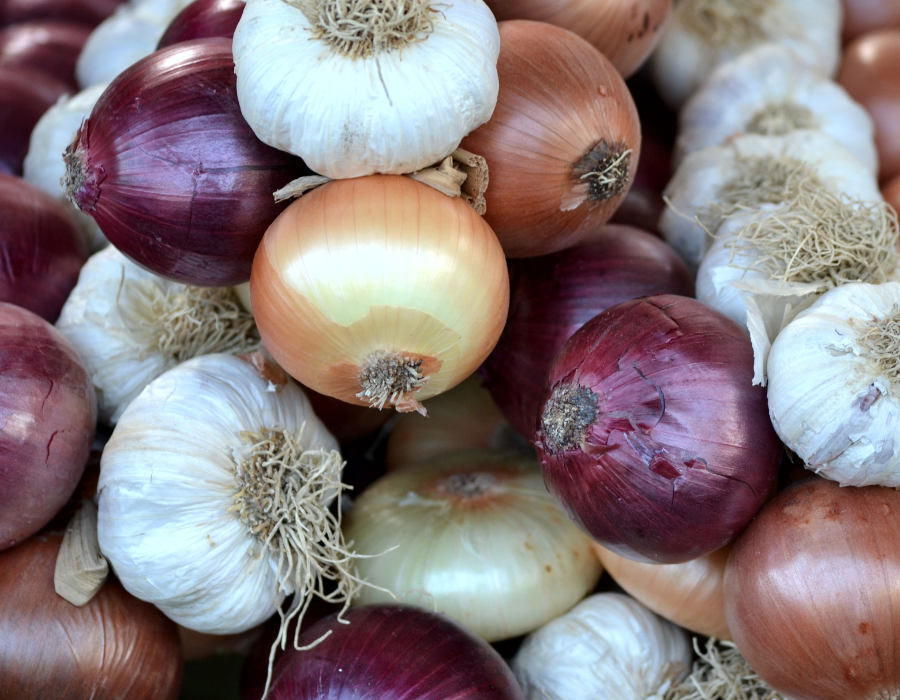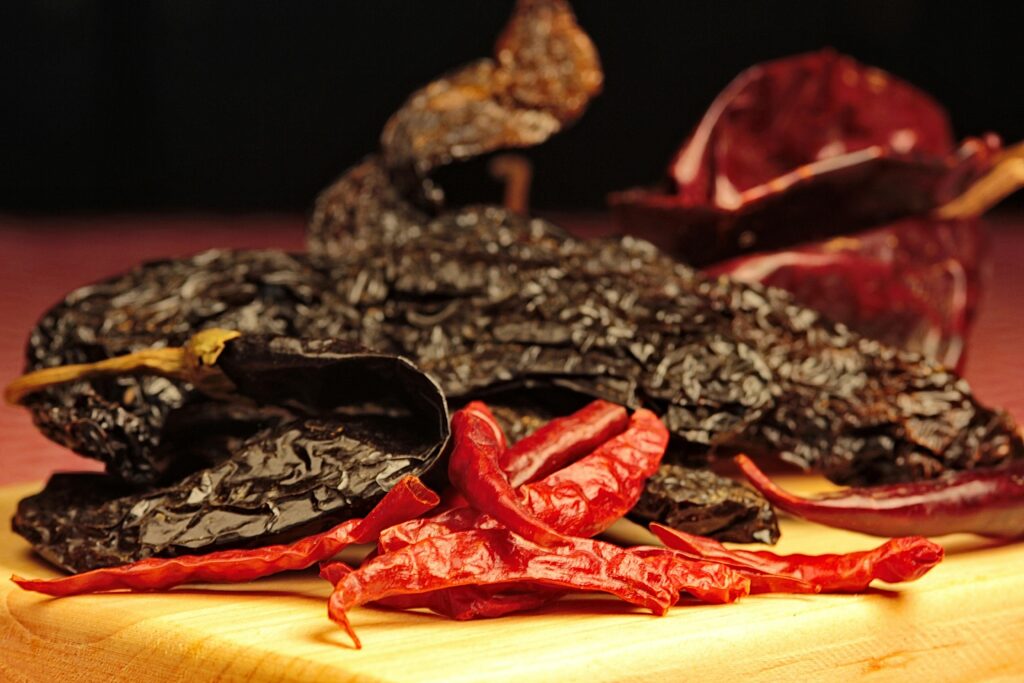In today’s rapidly evolving agriculture sector, both companies and customers want to know where their produce is coming from and how it is grown. Now there is more of a concern for the enviornmental affects of agricultural production, and the answer for that is sustainable farming. For any produce farm aiming to deliver reliable, high-quality food while protecting the planet, sustainability is now essential.
In this blog, we’ll explore why sustainable farming practices matter and how they benefit the environment, food suppliers, and the people enjoying every bite of farm fresh produce.
Order from our sustainably grown produce!
1. Healthier Soil Grows Better Vegetables
The magic in great tasting produce lies in the soil. Modern sustainable agriculture uses techniques like crop rotation, reduced tilling, and cover crops to improve soil structure and promote long-term soil fertility. Using these practices helps improve the organic matter in the soil leading to many benefits such as:
- Higher crop yields of nutrient-rich fresh produce
- Resilient crops that require fewer synthetic inputs
- Long-term soil health that benefits farmers and food suppliers
FAQ: Does sustainable farming affect the taste of fresh produce?
Yes—many people report that farm fresh produce grown using sustainable practices tastes better due to healthier soil and reduced chemical use.
2. Fewer Chemicals, Safer Food
Sustainable farms are able to avoid harmful chemicals found in synthetic fertalizers by prioritizing natural resources. Through organic soil amendments and integrated pest management, they create a more balanced growing environment. The results are:
- Cleaner, safer food for consumers
- Less environmental runoff and soil degradation
- Healthier conditions for farm workers and nearby communities
Choosing produce from sustainable farms ensures you are getting the safest, highest quality food.
3. Smarter Water Use Saves Resources

A major part of sustainable agricultural practices is using conservation practices to reduce water waste. These include:
- Drip irrigation systems
- Rainwater harvesting
- Soil moisture monitoring
By using these efficient water practices it protects natural resources helping farmers adapt to drought and changing climates—key concerns in today’s farming environment.
4. More Biodiversity, Stronger Food Systems
Industrial agriculture often leads to lower biodiversity and soil erosion. While sustainable farming encourages diversity in crops and habitats, improving:
- Pollinator health
- Disease resistance
- Long-term stability in agricultural production
Incorporating biodiversity into farming practices also leads to a more sustainable food system that can withstand disruptions and better support local communities.
FAQ: What are the environmental benefits of sustainable farming?
It reduces soil loss, conserves water, protects biodiversity, and lowers greenhouse gas emissions—helping protect the environment for future generations.
Contact us to order our fresh produce!
5. Transparency and Trust in the Supply Chain
Today’s food buyers want accountability. Many sustainable farmers operate with transparent farming practices that include:
- Local sourcing and open farm visits
- Certifications like USDA Organic or Certified Naturally Grown
- Clear communication about their production practices
FAQ: How can I tell if a farm uses sustainable farming practices?
Look for signs such as crop rotation, low pesticide use, certifications, and visibility into their day-to-day agricultural practice.
Knowing your source helps strengthen trust with your clients and adds value to your offerings.
6. Reduced Emissions and Climate Protection

Sustainable farms often produce and deliver food closer to the point of consumption. This reduces emissions from transport and storage, contributing to broader sustainability goals like the Sustainable Development Goal for climate action. These farms also rely less on fossil fuels and more on regenerative and conservation tillage methods, which support sustainable management of land and energy.
7. Sustainability is Good for Business
Today’s consumers are drawn to healthy food that is also responsibly grown. They want:
- Quality they can taste
- Transparency they can trust
- A positive environmental impact they can feel good about
By offering sustainable food grown on ethical farms, food suppliers can attract customers, command premium pricing, and align with consumer values.
Final Thoughts: A Sustainable Future Starts on the Farm
Sustainable farming is a smarter, more responsible way to produce food without having to sacrifice the environment. For food suppliers, it means greater consistency, stronger partnerships, and a more resilient business model.
At Pachanga Produce, we’re proud to partner with sustainable farmers who grow high-quality crops using eco-conscious farming methods. Together, we support a better way to grow, eat, and thrive.
Learn more about sustainable agriculture from the World Wildlife Fund
Contact Us to source sustainable produce and learn more about our practices.